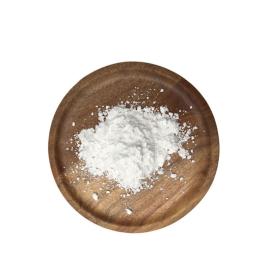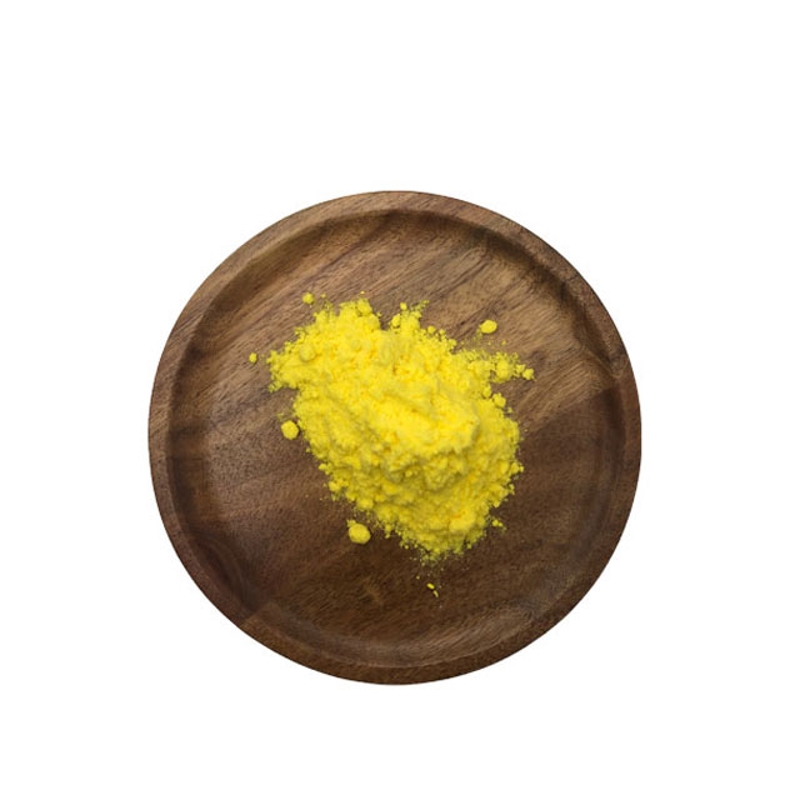Nat mate: break the rules! Reveal the new mechanism of nanoparticles into tumor!
-
Last Update: 2020-02-24
-
Source: Internet
-
Author: User
Search more information of high quality chemicals, good prices and reliable suppliers, visit
www.echemi.com
February 24, 2020 / Biovalley / -- researchers from the University of Toronto found that it is the active process rather than the passive process that determines which nanoparticles enter the solid tumor This discovery overturned the previous ideas in the field of cancer nanomedicine, and pointed out the direction for more effective nanotherapy Relevant research results were recently published in nature Materials The main theory of cancer nanomedicine is that nanoparticles passively diffuse into tumors through tiny gaps between endothelial cells Endothelial cells are arranged on the inner wall of blood vessels to support the growth of tumors Photo source: Previous studies by shrey sindhwani researchers have shown that less than 1% of nanoparticle drugs can reach their tumor targets In the current study, the team found that more than 95% of nanoparticles that can penetrate tumors can penetrate endothelial cells, rather than gaps between these cells "Our work challenges a long held belief in a new theory," said Abdullah Syed, a postdoctoral fellow at Warren Chan laboratory, a co-author of the study Professor Warren Chan is a professor at the Institute of biomaterials and Biomedical Engineering (ibbme) and the Donnelly Center for cell and biomolecular research "We see many nanoparticles entering endothelial cells from blood vessels and into tumors under various conditions Endothelial cells seem to be the key gatekeepers in the transport of nanoparticles "Syed compares nanoparticles to people trying to get into popular restaurants on a busy night "Some restaurants don't need to be booked, while others have security to check if customers have booked," he said Gatekeepers are much more common than researchers think, and most places only accept customers with appointments "The researchers determined through multiple evidences that passive diffusion is not the main entry mechanism They extracted more than 400 images of tissue samples from animal models and found that compared with nanoparticles, endothelial cells had almost no gaps They observed the same trend with 3-D fluorescence imaging and live animal imaging Similarly, they found almost no gaps between endothelial cells in samples from human cancer patients The team then designed an animal model that completely blocked the transport of nanoparticles through endothelial cells This allowed them to separate the contribution of passive transport through the gaps between endothelial cells, which proved to be very small Researchers have proposed several active mechanisms for endothelial cells to transport nanoparticles into tumors, including binding mechanisms, endothelial pathways and undiscovered processes, all of which they are studying At the same time, this result is of great significance for the treatment based on nanoparticles Shrey sindhwani, a PhD student at Chan lab and another co-author of the study, said: "these findings will change our idea of using nanoparticles to provide drugs for tumors A better understanding of the transport of nanoparticles will help researchers design more effective treatments (BIOON Com) reference: shrey sindhwani et al The entry of nanoparticles into solid tumours, nature materials (2020) Doi: 10.1038/s41563-019-0566-2
This article is an English version of an article which is originally in the Chinese language on echemi.com and is provided for information purposes only.
This website makes no representation or warranty of any kind, either expressed or implied, as to the accuracy, completeness ownership or reliability of
the article or any translations thereof. If you have any concerns or complaints relating to the article, please send an email, providing a detailed
description of the concern or complaint, to
service@echemi.com. A staff member will contact you within 5 working days. Once verified, infringing content
will be removed immediately.







